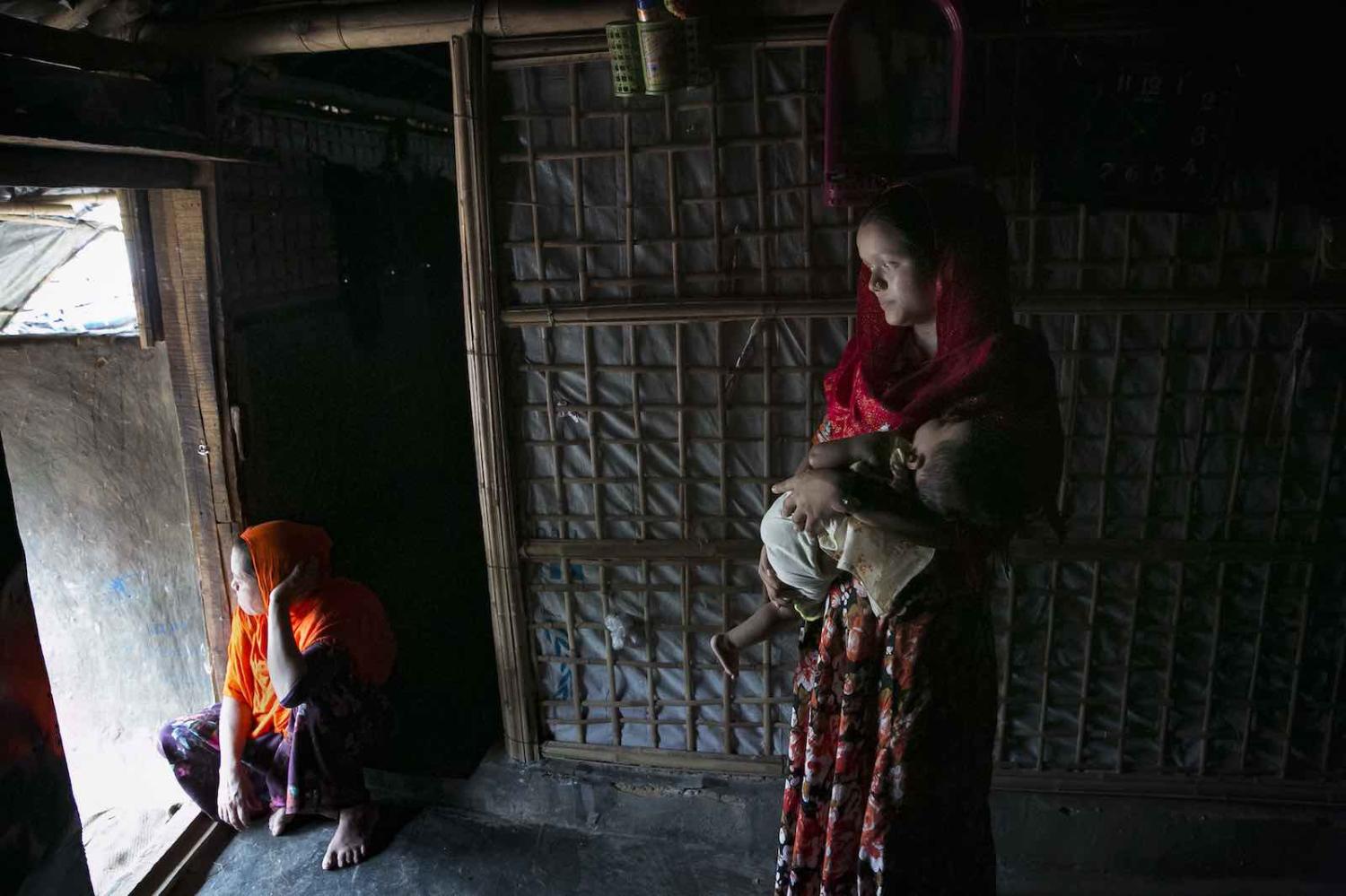- World Bank President David Malpass reminds us how women empowerment can foster the full economic potential of a country. In this piece he explains what the Bank does to facilitate the economic power of women.
- The spread of Covid-19 has so far mostly involved countries with decent health systems. But there is a growing concern the virus will spread to the least developed nations. In this podcast, Mark Leon Goldberg speaks with Johns Hopkins professor Paul Spiegel, who is currently modelling how an outbreak would spread in Rohingya refugee camps in Bangladesh.
- What do the world’s poorest economies have in common? They are in fragile and/or conflict-affected situations or are in Sub-Saharan Africa. That’s the conclusion of a newly published World Bank report.
- Get real, make deals, prioritise aid … these are among the main conclusions Anthea Mulakala draws out of the recent 2020 Australasian Aid Conference, held in Canberra.
- Of the 80 million teachers worldwide, more than half are female. An analysis by the Alexis Le Nestour and Laura Moscoviz finds that women teachers are generally located in urban areas, teaching lower grades, and often encounter a glass ceiling stopping them reaching the position of school principal.
- A fascinating article on Apple’s challenge to shift its supply chains from China to India – discussing the problems with regulatory barriers, less developed manufacturing structures, protectionist trade policies, and finding suppliers who can satisfy Apple’s standards for health, safety, and the environment.
- To mark International Women‘s Day last Sunday, staff members from Innovation Poverty Action programs highlighted reading they find insightful, especially as they pertain to new thinking about women’s entrepreneurship and access to finance in low- and middle-income countries.
- Development is also about reponding to climate change. And nowadays Greta Thunberg is the face of the fight that many generations will bear to save our planet. But behind Thunberg in support is her mother, Malena Ernman. Here is an extract of Enrman’s remarkable story, revealing the reality of family life during her daughter’s transformation from bullied teenager to climate icon.
Aid links: What happens when Covid-19 hits the poorest nations, more
Links and stories from the aid and development sector.

Yasmin Akhter, a 14 year old wife and mother, who fled to Bangladesh from Myanmar when she was 8 years old (UN Women Asia and the Pacific/Flickr)
Published 11 Mar 2020
Follow @AlexandreDayant